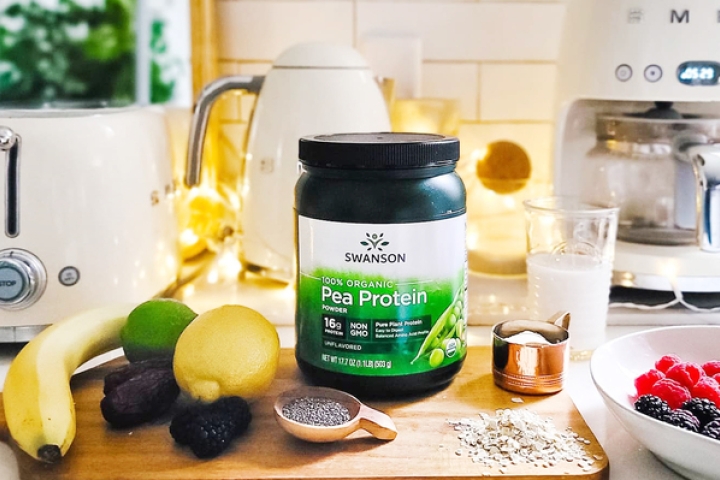Melatonin vs. Valerian Root: Comparing Two Top Natural Sleep Supplements
Twenty-four-hour news cycles filled with political drama, war, and natural disasters, along with smartphones that keep us constantly connected to work and entertainment, exemplify the relentless pace of modern life. Balancing work, family, and social obligations is no easy task. It's clear that in today's busy world, finding time to rest has become increasingly difficult, yet it's essential for our bodies to keep up.
As many of us find it challenging to fall asleep and stay asleep, understanding the available options is crucial. Melatonin and valerian root are two of the top natural sleep aids. The former is a hormone naturally produced by the human body, while the latter is a herbal supplement. Let's explore each of these options in more detail.
What is Valerian Root?
Valerian root sleep supplements are derived from the root of the valerian plant, a natural substance containing over 100 compounds that help calm nerves and promote quicker sleep onset for a restful night. Valerian root is among the oldest natural sleep remedies, dating back to the 1800s.
In one study, participants received 400 mg of valerian root extract before bed to evaluate its effectiveness in aiding sleep. These volunteers reported improved sleep quality and faster sleep onset compared to those who received a placebo. Another study confirmed that the same 400 mg dose expedited the time it took participants to fall asleep.
Valerian Dosage Guide:
Valerian root is available in various forms, offering multiple ways to incorporate it into your daily routine. It can be found as a dry powdered extract in capsules or tablets, as herbal tea, or as a fluid extract. It's important to note that it may take one to two weeks of regular use before a noticeable improvement in sleep quality is observed, so patience is key.
- Tea: Pour 1 cup of boiling water over 1 teaspoonful (2 to 3 grams) of dried root, and steep for 5 to 10 minutes.
- Liquid extract: 1/2 to 1 teaspoon (1 to 2 mL)
- Dry powdered extract (capsules/tablets): 250 to 600 mg
What is Melatonin?
Melatonin is a hormone produced by the pineal gland in your brain. It regulates the body's natural sleep-wake cycle, also known as the circadian rhythm. As natural sunlight diminishes at dusk, the pineal gland releases melatonin, signaling the body to prepare for sleep.
However, melatonin production naturally decreases with age, starting around middle age (around 40), which may explain why older adults often struggle to achieve the same quality of sleep they once did. Despite this, the body's need for rest remains unchanged, prompting many to use melatonin supplements to support their natural melatonin levels and improve sleep.
Melatonin Dosage Guide:
Melatonin supplements are available in various dosages, tailored to specific sleep challenges and individual tolerances. The standard approach recommended by health professionals is to start with a low dose and adjust as needed. For most adults, a dose of 1 to 3 mg is typically sufficient. Here's a detailed breakdown of dosages for different sleep concerns:
- Trouble Falling Asleep: 0.3 to 5 mg daily for up to 9 months
- Disrupted Sleep-Wake Cycle: 2 to 12 mg at bedtime for up to 4 weeks
- Extended Difficulty Sleeping: 2 to 3 mg before bedtime for up to 29 weeks, with higher doses up to 12 mg also used for up to 4 weeks
- Supporting Healthy Blood Pressure Levels: 2 to 3 mg of controlled-release melatonin for up to 4 weeks
- Jet Lag: 0.5 to 8 mg at bedtime, starting on the arrival day at the destination and continuing for 2 to 5 days
What’s the Better Sleep Supplement?
While both options are effective, the best sleep supplement depends on individual responses to these substances and their dosages. There is no one-size-fits-all answer.
Can They Be Taken Together?
Yes, melatonin and valerian root can be combined to effectively tackle sleepless nights. Many sleep formulas include both ingredients in proper dosages to enhance each other's effects. Valerian root may help you fall asleep faster, while melatonin can extend the duration of your sleep, improving overall sleep quality.
Have you used melatonin and/or valerian root to support your body's natural sleep cycle?





Leave a comment